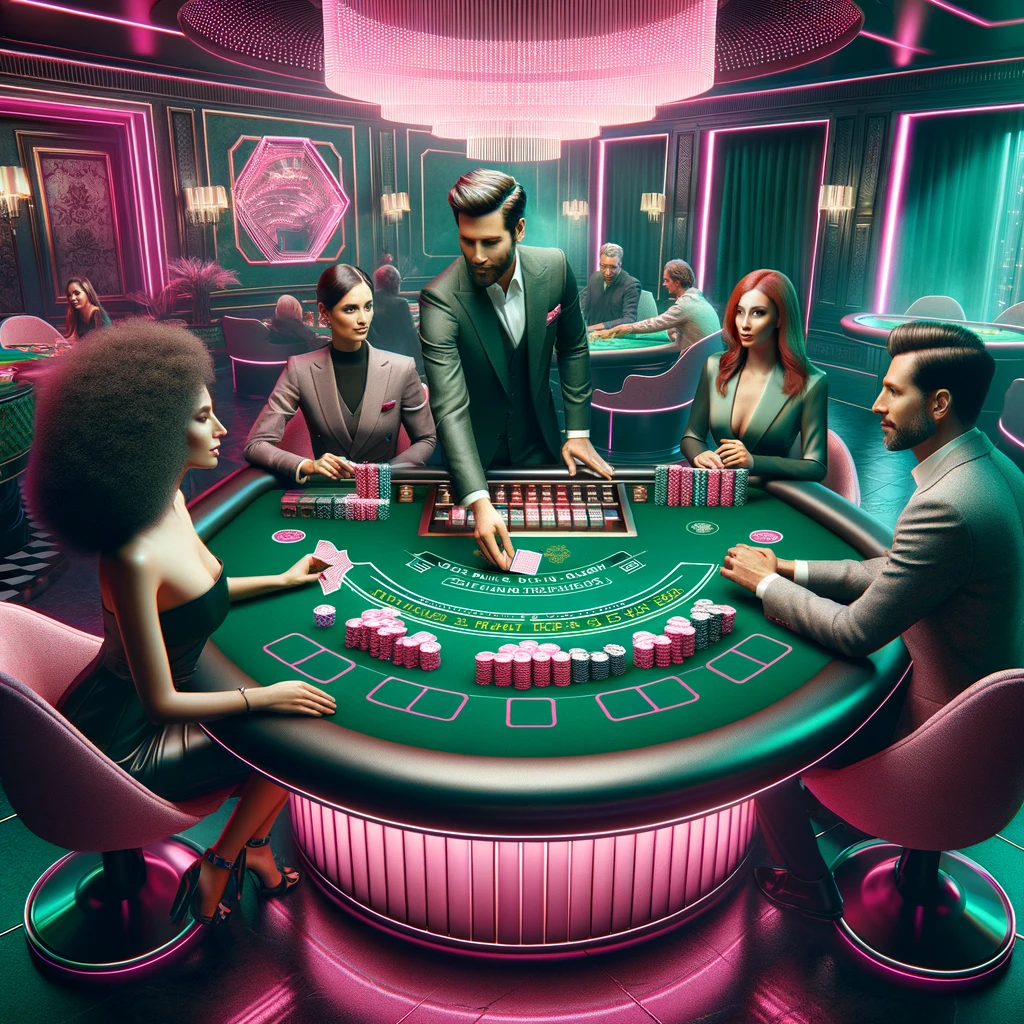Blackjack, often glamorized in movies and seen as a game of skill and strategy, paradoxically remains a game where the house always has an edge. This article delves into the reasons why blackjack is a losing game for many players and how understanding these factors can improve your gameplay or steer you towards more favorable gambles.
The House Edge Explained
In casino gaming, the house edge is a term that refers to the mathematical advantage the casino has over the players over time. In blackjack, this edge might seem minimal—often cited as less than 1% when playing with basic strategy—but it’s enough to ensure the house wins in the long run.
| Factor | Impact on House Edge |
|---|---|
| Number of Decks | More decks increase the house edge |
| Dealer’s Play on Soft 17 | Hitting increases the house edge |
| Double Down Restrictions | Restrictions increase the house edge |
| Blackjack Payout | Lower payouts (like 6:5) significantly increase the house edge |
Lack of Skill and Strategy
While blackjack is a game where skill can reduce the house edge, the reality is that many players lack the knowledge or discipline to play optimally. Common mistakes include not following basic strategy, misunderstanding insurance bets, and miscalculating odds.
- Not following basic strategy increases the house edge.
- Misunderstanding insurance bets typically leads to unnecessary losses.
- Miscalculating odds can result in poor decision-making.
Psychological Factors
The allure of the game, coupled with psychological biases, can turn blackjack into a losing endeavor. Confirmation bias, for example, can cause players to remember their wins more vividly than their losses, encouraging riskier bets and strategies not grounded in mathematics.
Chasing Losses
One of the most detrimental behaviors in gambling is the tendency to chase losses, where players continue to bet in a losing streak in the hopes of recouping their funds. This often leads to more significant losses, making blackjack a losing game for many.
Conclusion
Understanding why blackjack is oftentimes a losing game boils down to recognizing the house edge, the necessity of skill and strategy, and the psychological pitfalls that ensnare players. While it’s possible to play a near-break-even game with the right knowledge and discipline, the odds are ultimately structured to benefit the house. Gamblers should approach the game with awareness and restraint, treating it as entertainment rather than a reliable way to make money.


